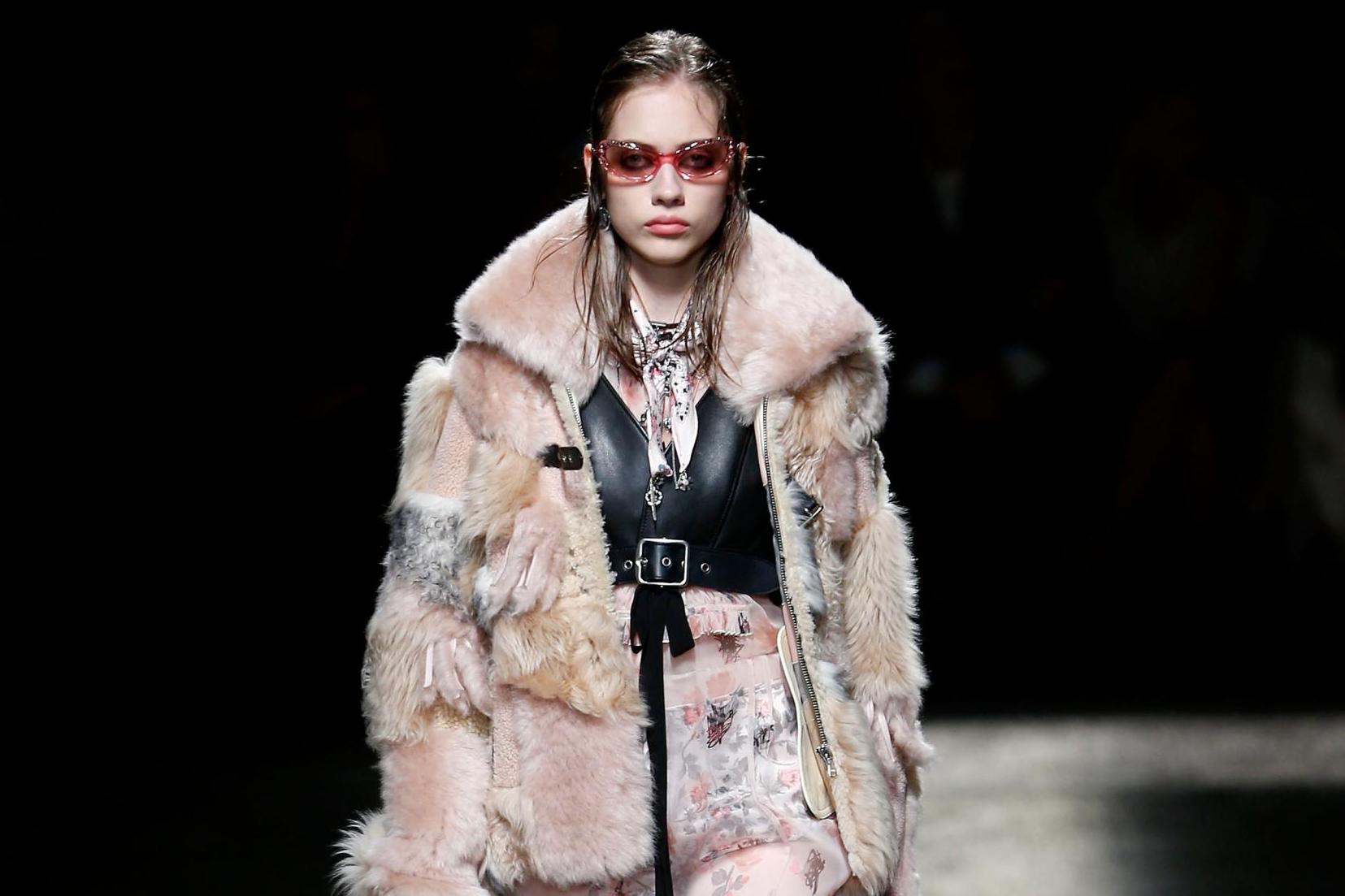Coach is the latest fashion brand to ban fur from its collections
'We’re doing it because we believe it’s the right thing to do'

Coach has become the latest fashion brand to announce that it’s no longer going to be manufacturing clothing using fur.
The American luxury fashion label has stated that it’s going to stop using animal fur completely by autumn next year, with plans to phase it out until then.
Joshua Schulman, chief executive of Coach, explains that the decision was made in response to the growing concern among shoppers about the use of animal fur in the fashion industry.
“We understood from our employee population and from our consumers that it was important to them that we take a stand on this issue,” he tells Business of Fashion.
“We’re doing it because we believe it’s the right thing to do.”
All types of animal fur will be banned by Coach as part of the new regulation, including mink, coyote, fox and rabbit.
However, the ban doesn’t include all types of animal products, as the brand will still use shearling, mohair and angora during its production process.
Coach is the latest in a string of high-profile fashion brands to have banned fur as of late.
Earlier this year, Burberry announced that it would no longer manufacture products using real fur, days before a fur-free London Fashion Week commenced.
Furthermore, in June online retailer Asos stated that it would be barring any product made from feathers and down, mohair, silk, cashmere, bone, teeth or shell from the site.
Claire Bass, executive director of animal charity Humane Society International UK, has expressed her support for Coach’s decision to go fur-free.
“HSI is delighted that another fashion heavyweight, Coach, has decided to drop fur from its collections and it’s 100 per cent the right thing to do,” she says.
“The last 18 months have seen an unprecedented number of fashion’s biggest brands going fur-free, and there is no question that they are on the right side of history.
“Designers reviewing their policies on sustainability and ethics are faced with the fact that fur is not only terrible for animal welfare but also bad news for the environment, and with growing public awareness and pressure these are no longer issues they can ignore.”
While it’s become increasingly common for fashion labels to go fur-free, there are still many well-known brands that haven’t followed suit.
Fendi, Balenciaga, Louis Vuitton and Marc Jacobs are just a few of the brands that still feature fur in their collections.
In July, MPs stated that Brexit will allow the UK to place stronger restrictions on the sale of real fur in the UK.

According to the Environment, Food and Rural Affairs Committee, customers often find it difficult to understand where their clothing has come from due to mislabelling.
Join our commenting forum
Join thought-provoking conversations, follow other Independent readers and see their replies
Comments
Bookmark popover
Removed from bookmarks